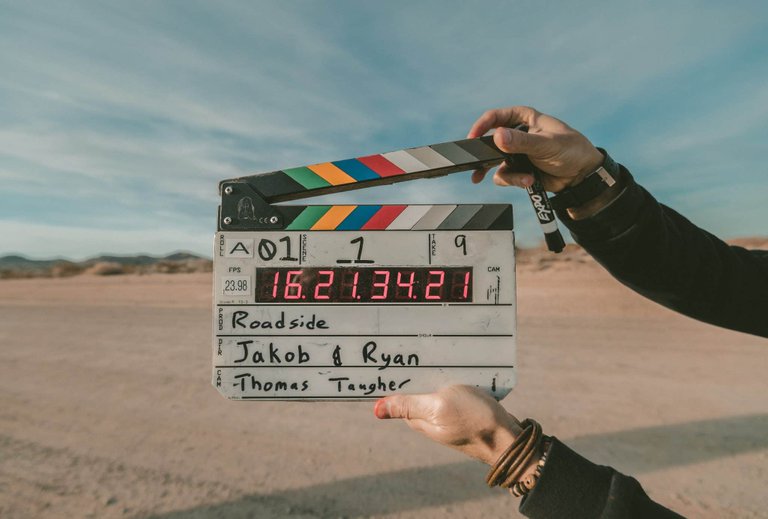
I bet at some point you’ve wondered what it would be like if your music was in a film, TV show, game or advert. In the music industry, when music is played in film, TV, games, adverts and more, it’s called synchronisation (or sync for short).
Synchronisation is quite literally the synchronisation of music to visual media. For anyone new to the world of sync licensing, it can be quite confusing and challenging. This is why our friends at Music Gateway have created a guide and list of tips to help you navigate and understand the profitable world of sync.
So What Exactly Are The Benefits Of Sync?
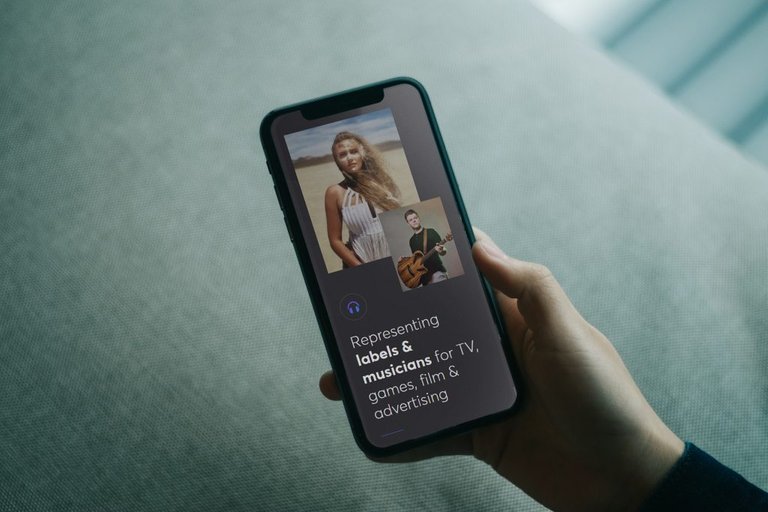
A huge part of any video project is the music that is used for it. The right soundtrack can make or break a show, and there are many movie soundtracks that are as famous, if not more, than the film it was featured in. For this reason, having your music synced can be great for your music career. It is a great way to expose your music to a greater audience, and in doing so, help you build your fanbase.
Not only that, it can be a great form of revenue, both in the form of royalties and sync fees! The sync fee is a one-off, upfront payment for the license to use your music in visual media. This can be anywhere from 50 up to hundreds of thousands of euros/pounds/dollars, or sometimes even more, depending on the license.
Then on top of that, you’ll usually get royalties as well. Royalties can come from a TV show being broadcast, a film being released on DVD, and many more. You’ll get royalties from the moment the visual media is released until potentially years into the future. Imagine if you get a sync in an episode of a successful TV show that has reruns on TV for years and years. You’ll get royalties every time that episode is aired and possibly even used elsewhere!
Now we know talking about ‘exposure’ is perhaps a bit of a touchy subject. However, the exposure you can get from landing a sync placement is too important not to mention. Many artists and bands have gained a massive amount of exposure and seen a growth in fanbase through having their music synced. Who’s to say you won’t be next?
How Does Sync Licensing Work?
So now you know why sync could really benefit you and hopefully at this point you’re excited to get involved. So, let’s have a look at how it actually works.
The people who work on any video project need to find music that perfectly matches the project and specifically the scenes within it. The person usually in charge of doing this is called a music supervisor.
The most common process for sync licensing starts with the supervisor, who will have a brief of what they’re looking for. They’ll send this out to their contacts in order to find the perfect piece of music. Music supervisors don’t generally tend to source music from individual artists and instead prefer to work with trusted sources. These ‘trusted sources’ are usually record labels, publishers and sync agents. These sources find tracks in their catalogue that match the project and send them back to the music supervisor. After this, the supervisor (often together with the director) will pick the tracks that best fit the project and move onto the process of clearing the rights to license the music.
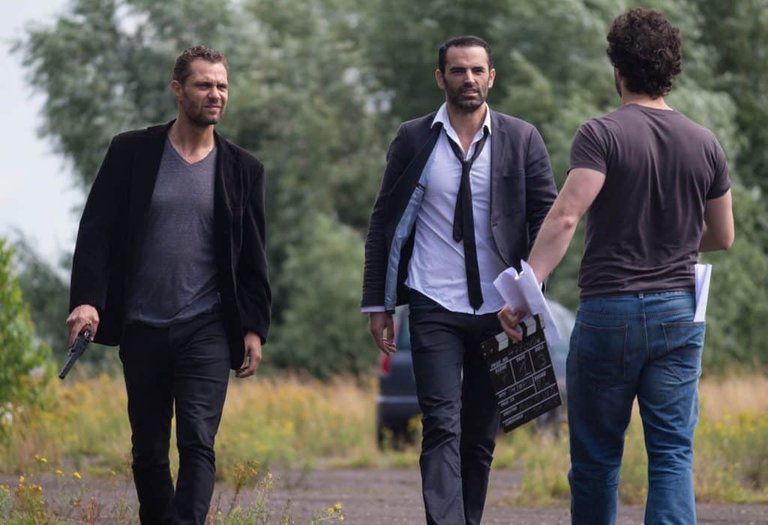
How Do You Get Involved?
If you have a publishing and/or record deal, your publisher or record label should be representing your music for sync opportunities. Check your contract with them to see if sync is included in your deal.
If you’re independent and want to stay independent then you might want to work with a sync agent! A sync agent’s entire job is about representing you for any relevant sync opportunities. As that’s what they specialise in, they are often more likely to have good relationships with supervisors and have more time to focus on sync. Hopefully, this means that they would also find you more opportunities.
You could also try to break into the sync world by yourself, however you’ll have to do a lot of research. You’ll need to find out who’s working as a supervisor and try to meet them, or try to find some networking events where you know there will be supervisors or independent filmmakers. Then you’ll need to build a strong relationship with them.
Unfortunately, however, as mentioned above, most supervisors don’t tend to use individuals as sources when searching for music. Plus, you’ll spend a lot of time meeting people, building relationships and keeping in the loop. This obviously leaves you less time to be doing what you do best, making music and being creative!
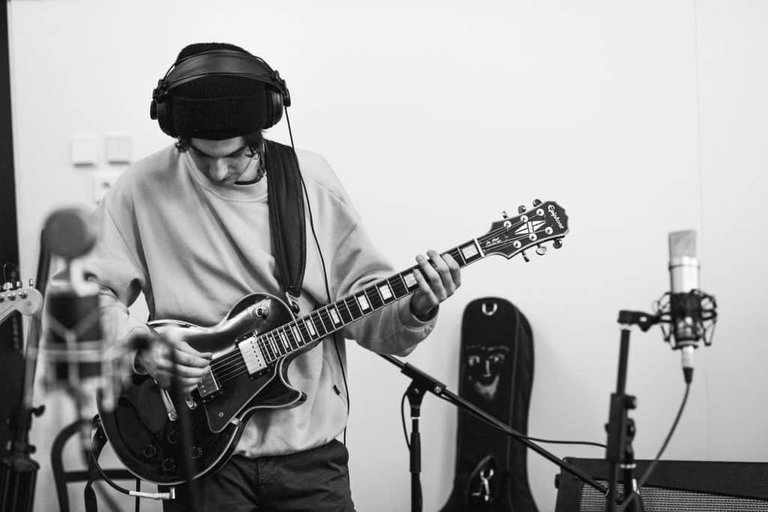
Stand Out
As you may be able to imagine, the world of sync licensing is a very competitive one. So how can you get your foot in the door and stand out from the crowd?
Here are our top seven tips to increase your chances of getting your music synced:
- Send finished tracks. You’re probably well aware of the need to have a fully polished track that you can use. This is especially important in sync. The sync world is very fast-paced, so it’s vital that you have all your tracks mixed and mastered to a professional standard before you pitch them to a brief.
- Get your metadata straight! Metadata is one of the least understood yet most important tools that will help get your music licensed for film, TV and more. Metadata is information that is embedded in the music file. This information allows the supervisor to search for your music and see important information. You should add information such as the track name, artist name, genre, bpm and most importantly who owns the rights with their contact details. Knowing who owns the rights to your music is vital for supervisors, as they’ll need this in order to get in touch and get a license.
- One rights holder for both the publishing and master rights. Supervisors mostly pick tracks with rights that are easy to clear. This is a no-brainer for them, it just saves them a lot of time (which they don’t have much of!). A one-stop track means that only one person owns all rights to a track. If your music is one-stop, that also greatly increases your chances of getting a sync because it makes the music supervisor’s job a lot quicker and easier.
- Have an instrumental version. Sometimes, the music supervisor will really like your track but they might need an instrumental version. Briefs will quite often say whether a track needs to be instrumental (usually so that it fits with the scene). By making sure that you have an instrumental version of all of your tracks, you’re opening your music up to more opportunities.
- Have the stems. It’s important to be flexible, and not just with instrumentals. You’ll want to make sure that you can provide different versions of your track if necessary. For example, sometimes a supervisor might need an extended version for a longer scene. They might even want to change certain parts of the track, such as removing a certain instrument or tweaking the mix. In order for this to be possible, you need to make sure that you get all the stems during the production process. You’re increasing your chances by making your music more flexible and so, easier to pair with a scene or project. Plus, we’d always recommend getting your stems anyway so you can do remixes and other projects!
- Get sync representation. As we’ve already mentioned, the supervisors will often send their brief to record labels, publishers and sync agents. So if you don’t already have a record and/or publishing deal, you’ll want to have your music represented by an agent.
- Send relevant music. If you are submitting your music in some way, you need to make sure that your song is relevant. You have to read the brief carefully and make sure that you are submitting something that matches their needs. Otherwise, it can get quite frustrating for them and they might not consider you for future projects.
Get Started In Sync Today
Do you already have high-quality tracks that you want to pitch towards sync projects and do you want to get started? Manage all of your music and add metadata all in one place with Music Gateway, as well as get sync representation through their Sync Portal. Or keep an eye out on their marketplace for new opportunities on a near-daily basis!
Music Gateway’s free trial is 14 days with no strings attached, so what’s stopping you?
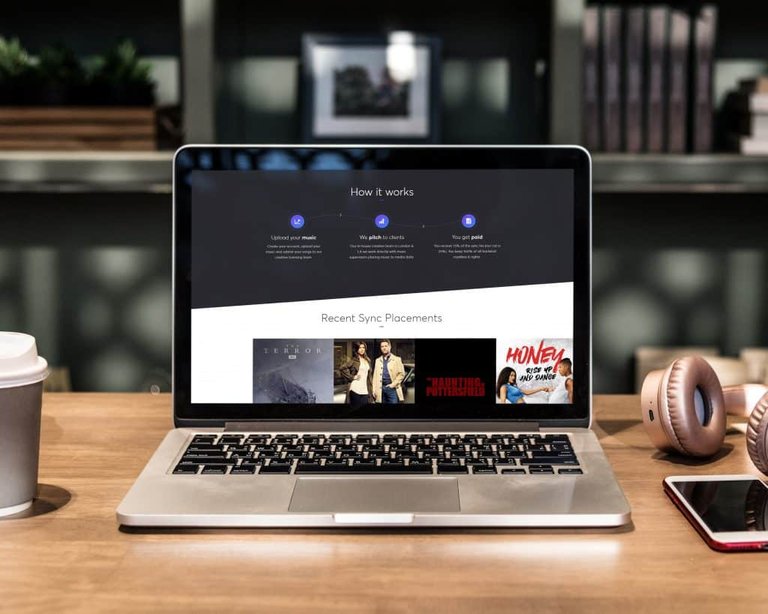
Find more music industry tips here.
Posted via the awesome SteemPress plugin : Read all our independent music reviews and this one via https://fortheloveofbands.com/2020/05/12/an-introduction-to-sync-licensing/
I would think most of what you bring forward is quite common sense for musicians when they want to grow a professional career and earn money from their music. But I suppose its not. Thats why most of artists have managers I suppose :) And those who don't, I see them struggling most of the time. Like here on HIVE, I see some good artists, but sometimes wondering about the little effort they take to present themselves and their work. Some even producing more to try and get more rewards, while I think one shall be producing less but spend more time in marketing.
Marketing doesn't come naturally to most people unfortunately and it is something that has to be learned. It does depend on what your goals are though and if you're unhappy where you are, what can you do to move to where you want to be? If you're happy where you are then carry on developing that place you're at and make it you're own.
Marketing certainly doesn't come naturally. We've recently published a "Music Release Schedule' article on our blog: https://fortheloveofbands.com/2020/03/04/music-release-schedule/ which deals with this subject.
Thanks for sharing, I'll have a look at that too 😃
Agree with you. One of my artist/producer friends is not in marketing at all, but slowely is stepping into it, helped by his booker and a service provided by his booker, someone who manages his social media.
Yeah it's really hard to do all that stuff yourself and getting someone to help out with social media might be the way to go for me. There's so much to consider that musicians really just want to focus on the music side of things and that's it!
Most of my friends creating music, get others to do all the business activities. First of, since most of them don't want to do any business, don't have the skills for it. Those who do, are actually making less music, but doing very well still because of their business instinct get them the right deals where they can present their music.
Yes @qsounds, you would say so ... On the other hand, there's so much going on nowadays for indie artists, that it's really hard to keep track of all latest developments and have game plans for everything. A release schedule is key, so you know where to focus on, warm up your (potential) fans, run ads (the proper way) etc. etc. You're also right about artists releasing stuff, just to release something. Especially now with COVID-19 I experienced a surge in submissions, many home recordings, promising to be the next big thing you MUST hear. Euh, no thank you. Cheers!
Hahaha indeed. Have a few highly professional artists in my friends circles, and I know they get approached a lot with whatever promo some user is trying to get listened to or supported. Lots and lots of crap is what I usually hear they send. And even, when the track sounds pretty ok, in the big pile of all new releases, a pretty ok track doesn't do it since many are absolute killers.
This is great information , never really heard of or come across sync licensing but it's something I'll be diving a little deeper in to!
Good luck! :-)